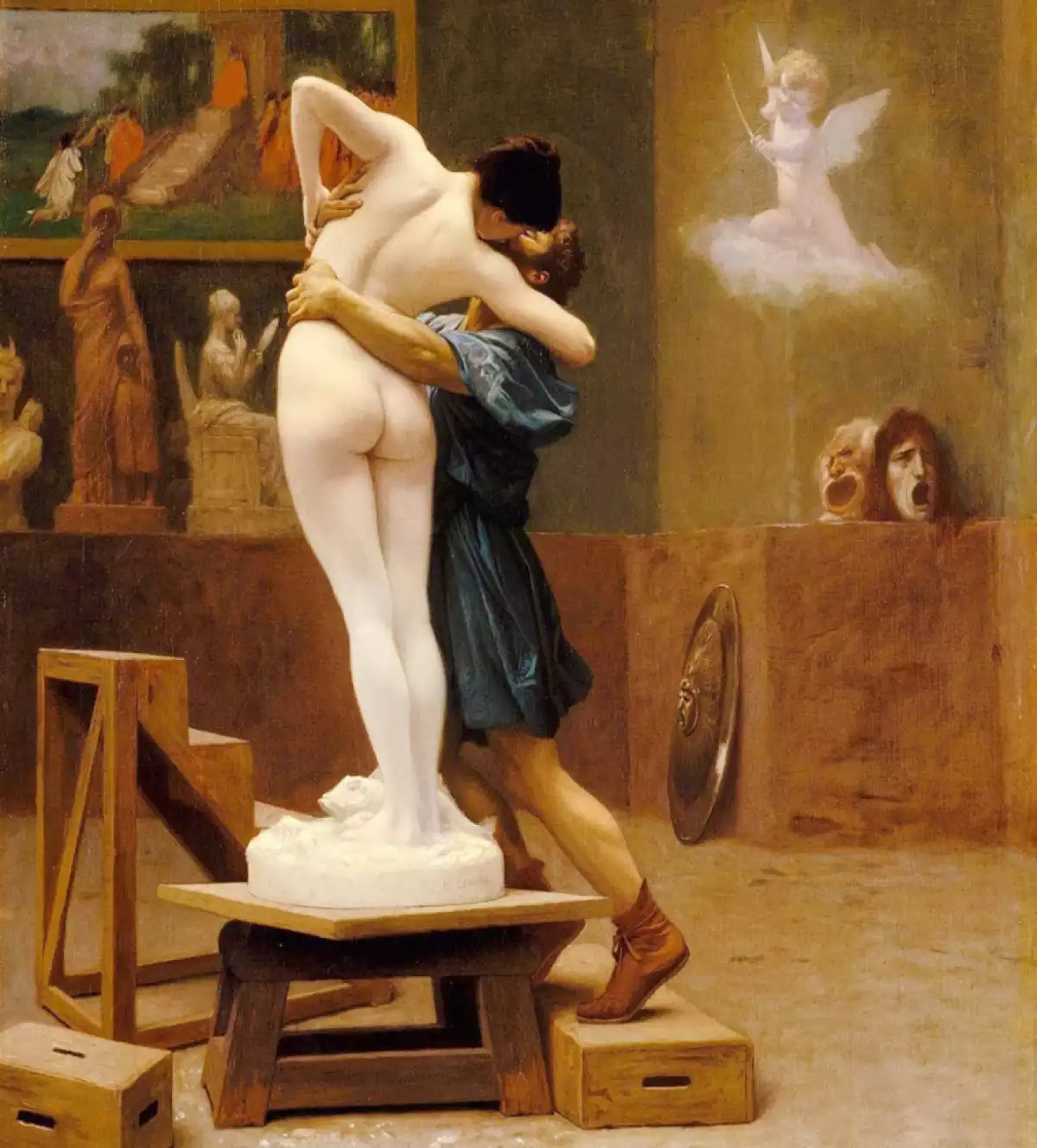You may have heard about the Pygmalion effect or the self-fulfilling prophecy, but you don't know exactly what this phenomenon consists of. Throughout this article, we will try to explain in simple termswhat the Pygmalion effect (or Rosenthal effect) consists of, where this curious name comes from and how it can affect the education and learning of children and young people.
What is the Pygmalion effect?

The Pygmalion effect (also called self-fulfilling prophecy or Rosenthal effect in educational settings) refers to a possible influence that people's expectations can have on other people's performance. Therefore, it directly links the initial expectations we have about a person's abilities and the performance that this same person ends up having.
The Pygmalion effect can occur basically in three areas, although we will focus basically on how it affects the educational and family environment
- social
- work-related
- educational
It is interesting to analyze the self-fulfilling prophecy because it can affect both positively and negatively. The positive effect is referred to by the term "Pygmalion effect," which reinforces the characteristic you want to influence, and it produces an increase in self-esteem.
We call the adverse effect "Golem effect"; and conversely, it produces a diminution of the self-esteem of the person and also a reduction of their performance.
Pygmalion and Galatea

The phenomenon of the Pygmalion effect owes its name to the protagonist of a myth in ancient Greece related to Ovid in his "Metamorphosis." In this myth, Pygmalion is the king of Cyprus and a very skilled sculptor who spends his whole life looking for the perfect woman to turn her into his wife, but he does not succeed. As Pygmalion considers real women imperfect, he sets about sculpting a beautiful ivory woman free of imperfections.
Pygmalion projects all his desires, expectations and personal tastes in his work, transforming the sculpture into a reflection of the creator. As the statue was taking shape, the sculptor fell in love with the woman, whom he called Galatea. Pygmalion prayed to the gods to grant him a woman similar to the one sculpted in ivory, a wish that the goddess Aphrodite finally gave him. So, when Pygmalion came home, he kissed the statue, and it came alive, becoming a woman who in turn also falls in love with Pygmalion.
The Galatea Effect

Just as the Pygmalion effect refers to the way that other people's expectations of us affect our performance, the Galatea effect refers to the way our expectations change us. That is to say, if a person feels capable and sure of themselves, they will surely have more possibilities of reaching their goals since they will direct their behavior towards those objectives.
On the contrary, if you feel incapable and insecure, you will have more doubts, and it will be much easier for you to focus on your failures, making your commitment to these goals more fragile.
These two phenomena have a straightforward relationship between them since the expectations that others have can significantly influence the way we feel about our abilities.
Self-fulfilling prophecy: The Rosenthal effect in education

The Pygmalion effect or self-fulfilling prophecy can also be called the Rosenthal effect. Rosenthal was a professor of social psychology at Harvard University who, together with Leonore Jacobson, the school director, initiated a famous experiment to demonstrate the effects of the self-fulfilling prophecy in education.
Rosenthal and Jacobson gave a non-verbal intelligence test to the students at the beginning of the course, informing the teachers that the analysis predicted the intellectual capacity of the students. Then, they randomly selected a sample of 20% of the students in each class, thus creating the experimental group. The professors were informed that the selected students had more significant potential for progress, while the rest did not say anything, the latter becoming the control group.
After eight months, an intelligence test was passed on to all the students, showing a significant improvement in the experimental group compared to the control group. The conclusion is that those students who had been rated as more capable had improved more than the rest.
This experiment allowed scientists to demonstrate that the positive expectations of those around us have a direct effect on our performance and our results. They generate a better climate and are more open to giving information and feedback. Also giving more opportunities and presenting higher challenges offer the "chosen" students more resources to develop and improve their skills, since they start from a more stable base.
The Golem Effect

The flipside would be that the students who end up labeled as "bad students" or "less intelligent," since they received less attention, actually end up losing motivation and doubting their abilities. The interesting thing about this experiment is that we can see how the concept of "being" is blurred.
A person is not "static" and permanent, but is changing and evolving to interact with their environment and through their experiences, and educators have a role that can be vital in compensating for socioeconomic differences among students, and are able to reinforce more those that can have added difficulties to reach their maximum potential. In the words of Johann Wolfgang Goethe, German poet and dramatist: "If we treat a person as what he is, he will remain what he is; but, if we treat it as what it could be, then it will become all that it can become."
- This article about "The Pygmalion Effect" was originally published in Spanish in Bit Padres
